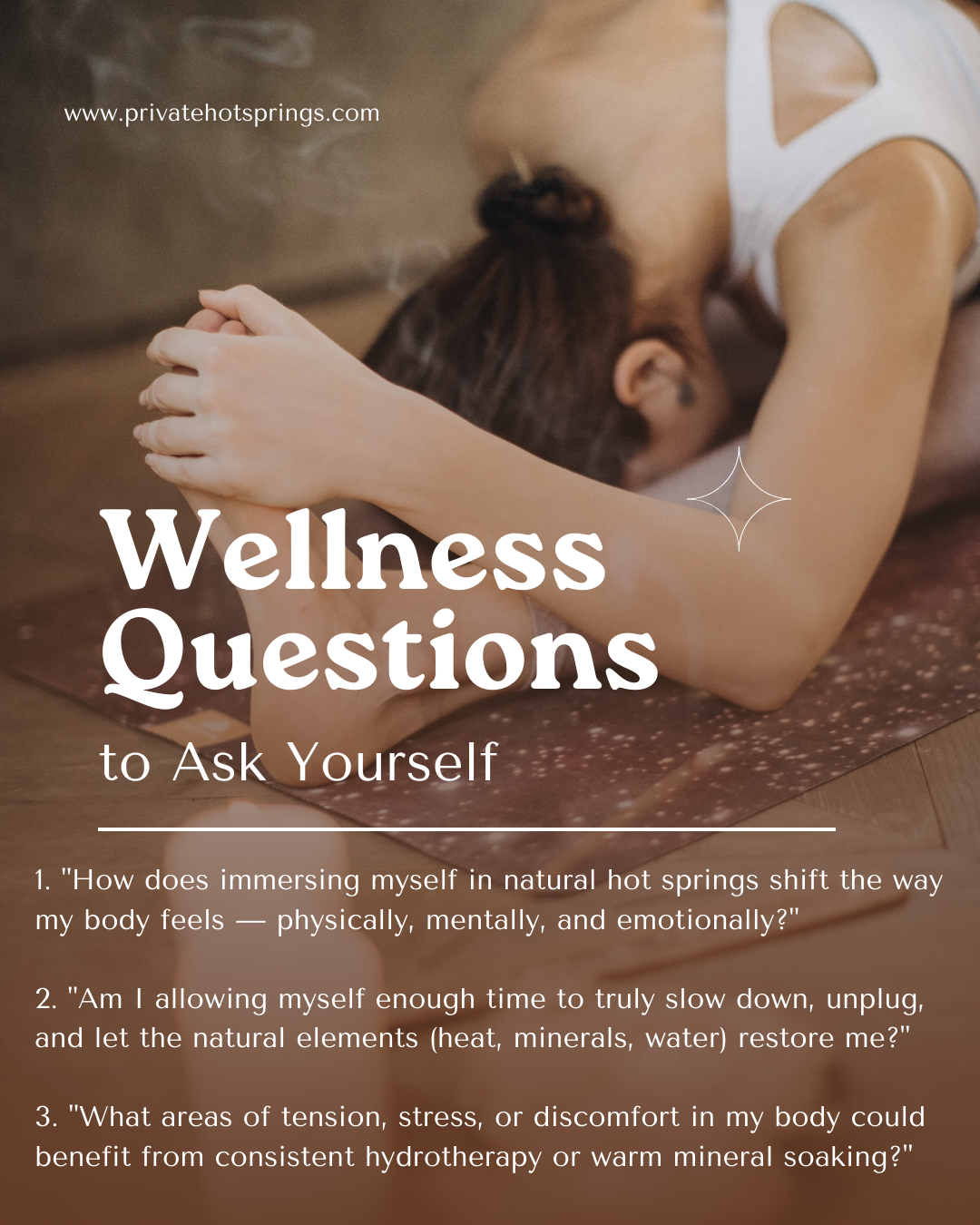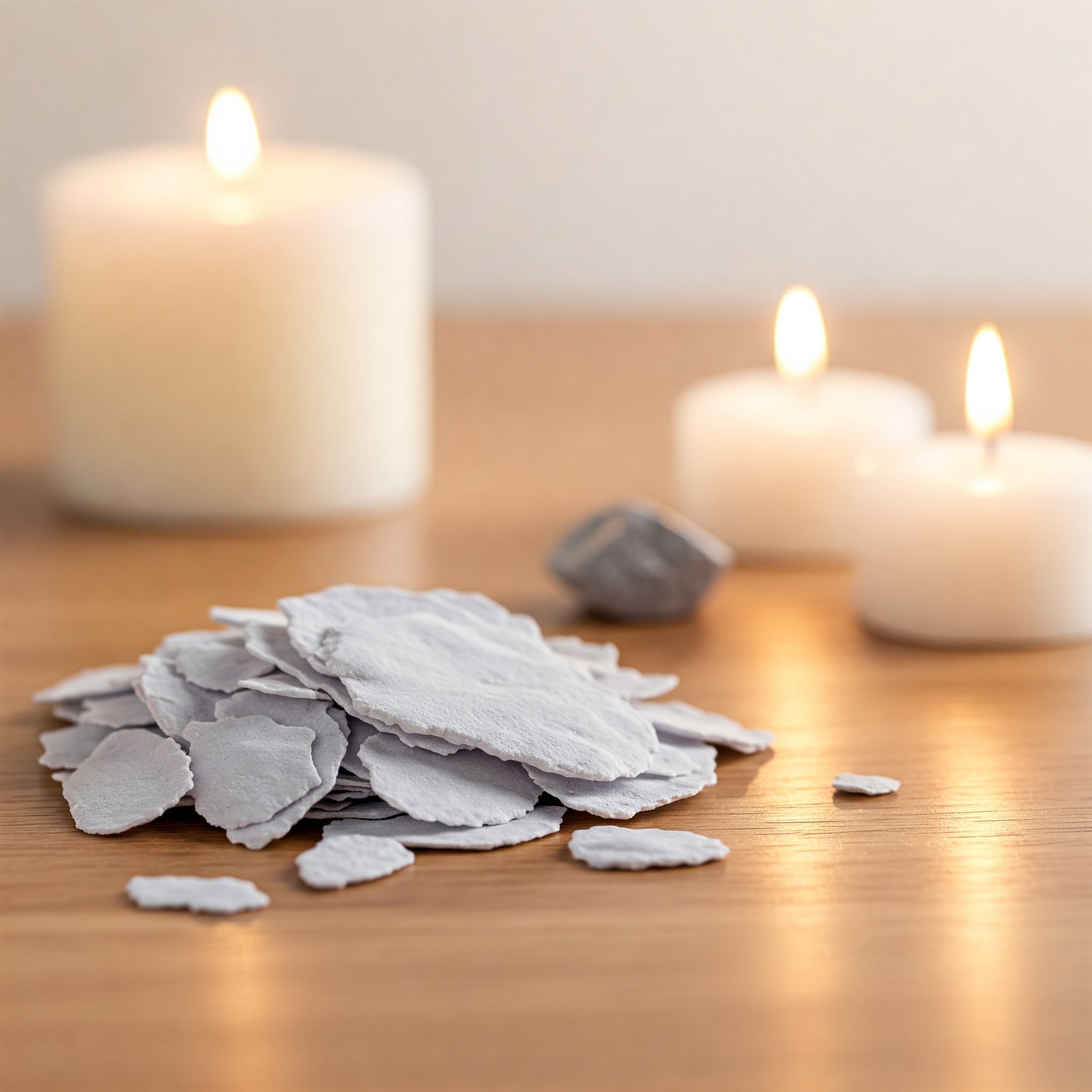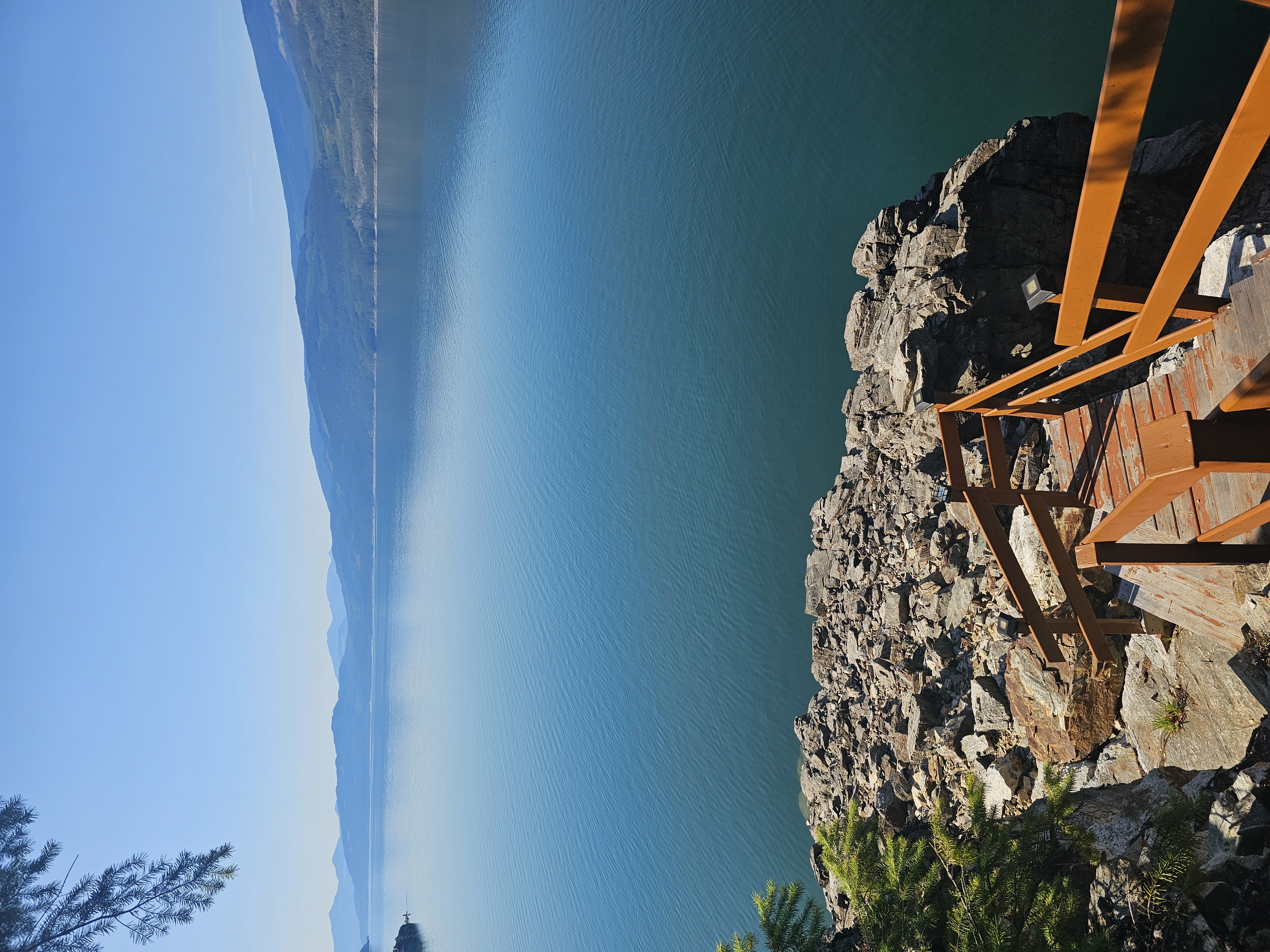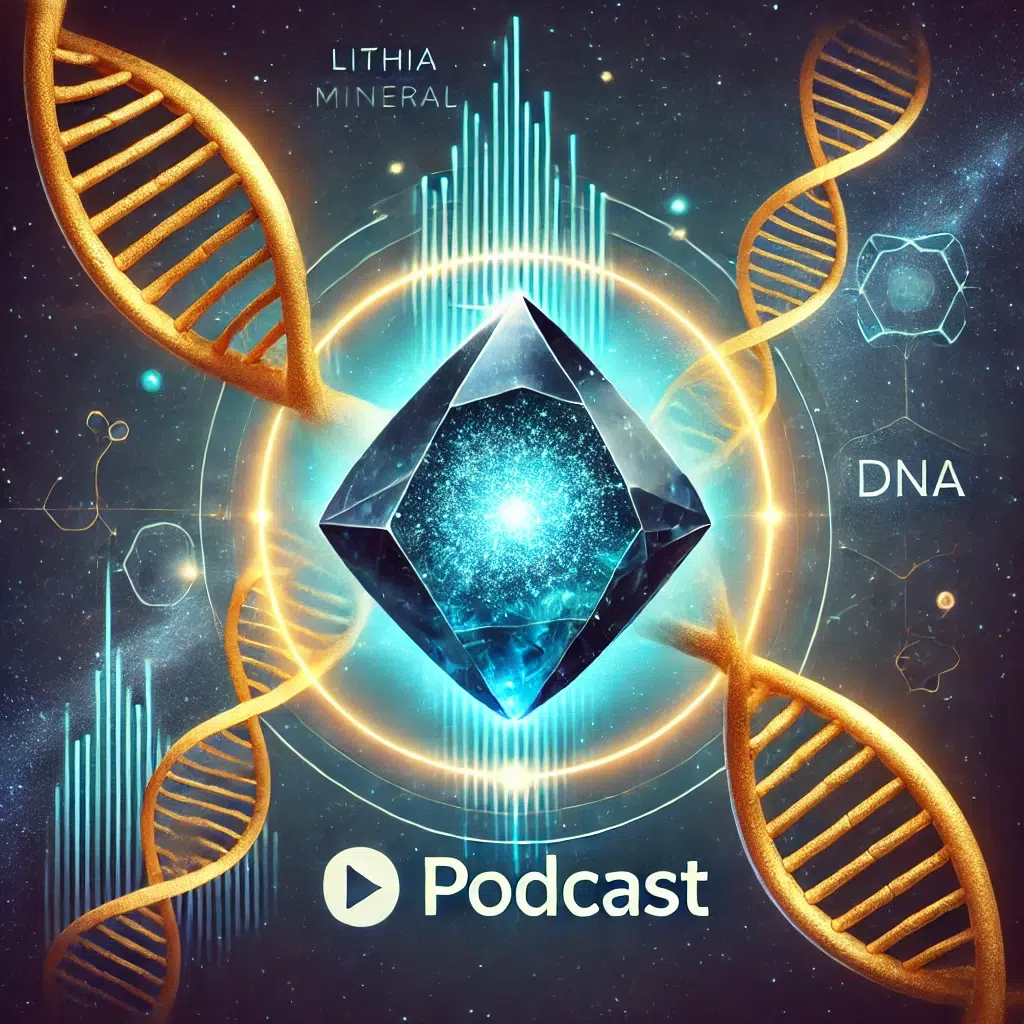Lithium mineral in Natural Springs Reveals Hidden Wellness Potential

Nature holds secrets. Water flows. Minerals heal.
Among the mineral-rich waters that have drawn wellness seekers for centuries, one element stands quietly remarkable yet often overlooked. Lithium, a naturally occurring mineral present in select hot springs worldwide, has emerged in scientific research as a potential ally for mental wellbeing.
The Science Behind Natural Lithium (Lithia mineral)
Unlike its pharmaceutical counterpart prescribed at high doses for bipolar disorder, naturally occurring lithium exists in trace amounts within certain geothermal waters. Research published in the British Journal of Psychiatry examined regions with higher natural lithium concentrations in drinking water and found correlations with lower suicide rates and decreased violent crime.
These findings suggest that even at low doses, this alkaline metal may offer subtle neurological benefits. The mineral appears to modulate neurotransmitter activity and promote neural pathway protection – effects that manifest as improved emotional regulation and stress response.
Where Natural Lithium Waters Flow
Certain hot springs contain notable lithium concentrations due to their geological formations. Springs flowing through ancient volcanic rock or granite deposits often carry this element in solution. Notable lithium-rich springs exist in regions of Japan, Italy, Argentina, and select locations across North America.
The concentration varies significantly between sources. Some contain barely detectable amounts while others offer levels that, while still far below pharmaceutical dosing, provide meaningful exposure through both soaking and occasional consumption.
Balancing Perspective on Natural Exposure
The scientific community maintains measured enthusiasm about natural lithium exposure. A 2020 review in the International Journal of Bipolar Disorders suggests that while evidence points to potential population-level benefits, more research is needed to understand individual effects and optimal exposure levels.
What makes natural springs particularly intriguing is their holistic mineral profile. Lithium rarely exists in isolation but rather alongside magnesium, calcium, potassium and other elements that may work synergistically to support wellbeing.
Beyond Chemical Effects
The potential benefits of lithium-containing springs extend beyond direct chemical interaction. The ritual of immersion, the sensory experience of mineral-rich waters, and the intentional pause from daily stressors create a comprehensive wellness experience.
This aligns with traditional knowledge across cultures that recognized certain waters as having special properties for mental clarity and emotional balance long before modern science identified lithium as a potential factor.
A Natural Approach to Modern Challenges
In our increasingly stress-laden world, ancient solutions offer renewed relevance. The subtle yet meaningful impact of naturally occurring lithium represents one facet of how traditional wellness practices continue finding validation through scientific inquiry.
For those seeking natural approaches to mental wellbeing, hot springs with trace lithium offer an experience that connects ancestral wisdom with emerging research. The waters invite not just physical immersion but a deeper engagement with elements that have quietly supported human health throughout our existence.
As we continue exploring the relationship between natural environments and mental health, lithium-containing springs remind us that sometimes the most profound wellness solutions flow not from laboratories but from the earth itself.
Bookings@privatehotsprings.com





